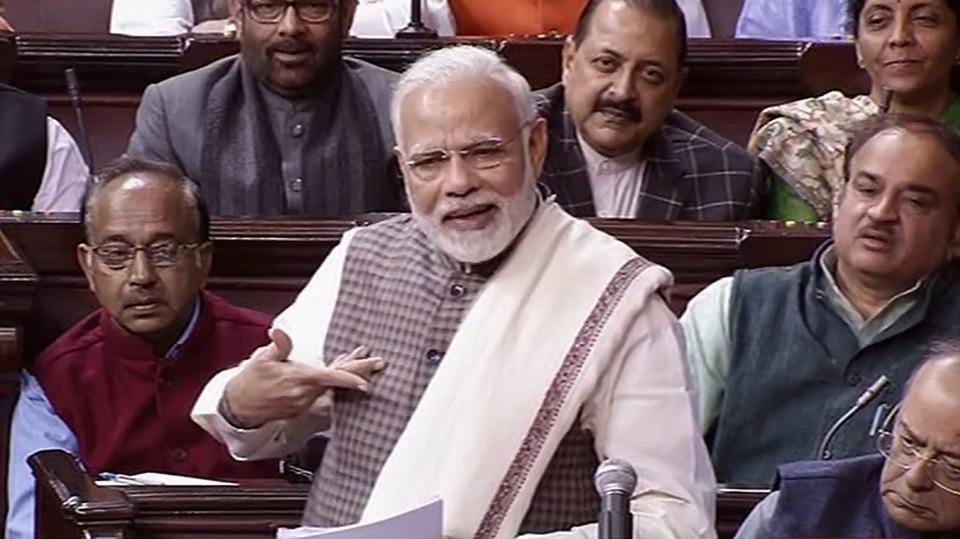In a big bang announcement on Friday, Finance Minister gave 1.45 lakh crore rupees tax cut bonanza to India Inc. The corporate tax for established units was slashed by one fourth (30% to 22%) and for new manufacturing units that start production before March 2023, the rate was brought down to 15%. The time bound measure shall accelerate the entry of American companies fleeing China in the midst of the ongoing trade war, and help India capitalise on the same while it lasts.
With the big bang corporate tax break given by Modi government, India has one of the most competitive corporate regimes in the world. The corporate tax levied in India is at an optimal rate similar to other manufacturing hubs in Southeast Asia and East Asia.
“India is ready to attract new manufacturing units from world over,” said Sitharaman in the conference. “Manufacturing units should have office and run the businesses in India to avail tax benefit. Larger principal is that exemptions on taxes will have to be brought down,” she added.
The cut in corporate tax would help the country to become a manufacturing hub or ‘factory of the world’. So far, China has played the role of ‘factory’ for the global companies but, rising labor costs and ongoing US China trade war has unsettled the supply chains of China, and companies including American companies are looking to relocate their manufacturing units out of China.
Bangladesh, Vietnam and few Southeast Asian countries posed as an alternative to India with favourable tax rates. But with the groundbreaking corporate tax break given by Nirmala Sitharaman, effectively dropping rates to an optimal rate, many foreign companies are expected to move manufacturing units to India, given the availability of cheap labor and skilled workforce.
The reduction in corporate tax will bring big time investment in the form of FDI and Foreign Institutional Investment (FII). “India wants to stabilise the flow of foreign money into India,” said Finance Minister.
The cut in corporate taxes would boost India Inc’s earnings by 13.2 percent and put more cash in their pockets, which will go to new investment. The government wants private investment driven sustainable economic growth to reach 5 trillion goal by 2024. “Investment, especially private investment, is the “key driver” that drives demand, creates capacity, increases labour productivity, introduces new technology, allows creative destruction, and generates jobs,” reads the first chapter of Economic Survey which gave a roadmap for 5 trillion economy in next five years.
The ongoing trade war between China and India will immensely help ‘Make In India’. Manufacturing comprises only 15 percent of India’s GDP, given the huge population and low skilled workforce, the burgeoning number of people entering in job market could not be employed without a robust manufacturing sector.
Investment in manufacturing will lead to job creation and the country could reap the benefit of demographic dividend. While the claim is often made that investment displaces jobs, this remains true only when viewed within the silo of a specific activity. When examined across the entire value chain, capital investment fosters job creation as the production of capital goods, research & development and supply chains generate jobs,” reads the survey.
The corporate tax break will help the country in its quest to become a ‘factory of the world’ by reaping the dividend of ongoing China-US trade war. It will also encourage the domestic companies in increasing investment and set up new units.
The timing chosen to dramatically reduce corporate tax rates was very strategic. Had the tax cuts been implemented a few months ago when Nirmala Sitharaman took office, the opposition would have taken the opportunity to blame Modi government as pro-corporate and call it ‘Ambani Adani ki Sarkar’ or ‘Suit Boot ki Sarkar’. However, the government tightened tax rates on corporates facing a backlash and foolishly, the opposition and the anti-Modi brigade whose only rule to follow is to oppose the Modi government, took this bait. The economic slowdown of the last eight quarters, which has probably bottomed out with 5 percent growth in June quarter, and the political outrage gave the government opportunity to justify these phenomenal corporate tax cuts, delivering a jolt to leftists and ultra-socialists and leaving them with nothing to crib about.
